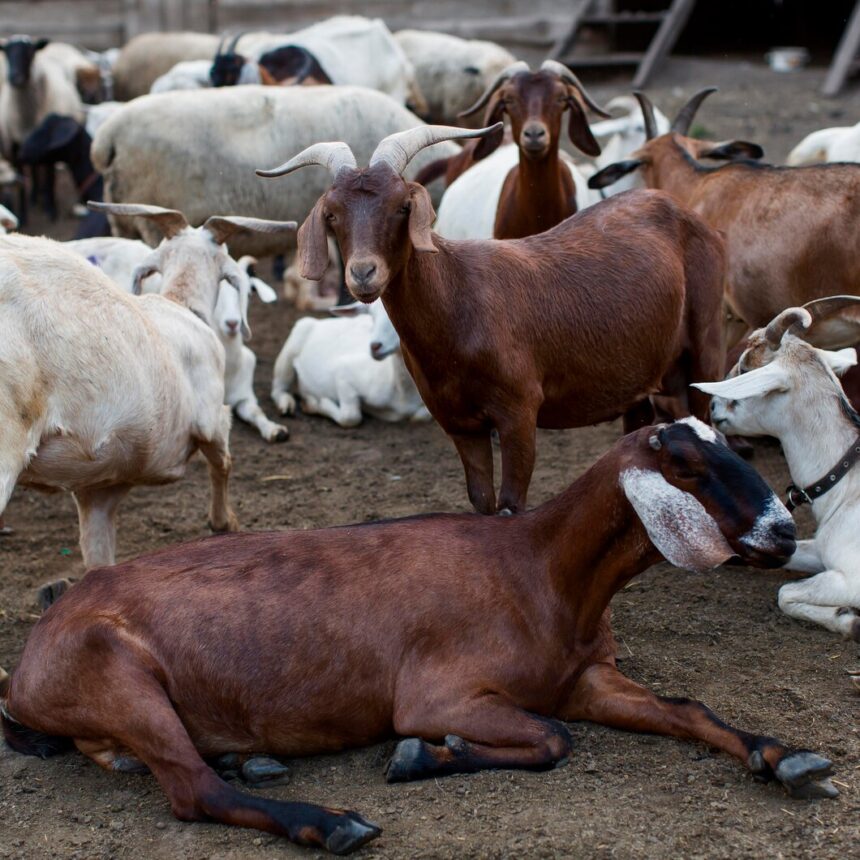Ethical animal husbandry practices are crucial for ensuring the welfare of livestock and sustainable agricultural practices. In South Africa, where agriculture plays a significant role in the economy, adopting ethical practices can lead to improved animal health, productivity, and public perception. Here are ten techniques that South African farmers can employ for ethical animal husbandry:
- Provide Adequate Housing: Ensure livestock have access to clean, comfortable, and well-ventilated housing that protects them from extreme weather conditions.
- Proper Nutrition: Develop balanced diets tailored to the nutritional needs of each species and stage of life. Provide access to clean water and monitor feed quality to prevent nutritional deficiencies.
- Health Monitoring: Implement regular health checks and vaccinations to prevent disease outbreaks. Promptly treat any illnesses or injuries to minimize suffering.
- Pasture Management: Practice rotational grazing to prevent overgrazing and allow pasture recovery. This technique not only improves soil health but also provides varied diets for grazing animals.
- Humane Handling: Train farm workers in low-stress animal handling techniques to minimize fear and injury during handling, transportation, and slaughter.
- Avoidance of Hormones and Antibiotics: Minimize the use of hormones and antibiotics unless necessary for animal health and welfare. Follow withdrawal periods to ensure residues do not enter the food supply.
- Natural Behavior Encouragement: Design facilities and management practices that allow animals to exhibit natural behaviors, such as socializing, nesting, and foraging.
- Biosecurity Measures: Implement biosecurity protocols to prevent the introduction and spread of diseases within and between herds or flocks.
- Environmental Stewardship: Adopt sustainable farming practices that minimize environmental impact, such as reducing water and energy use, managing waste responsibly, and protecting natural habitats.
- Continuous Education and Improvement: Stay informed about advances in animal welfare science and best practices. Participate in training programs and collaborate with experts to continuously improve husbandry techniques.
Benefits of Ethical Animal Husbandry
Implementing these ethical animal husbandry practices not only enhances animal welfare but also benefits farmers and consumers:
- Improved Productivity: Healthier, less stressed animals are more productive and efficient in converting feed into meat, milk, or fiber.
- Enhanced Quality: Ethically raised animals often produce higher quality products that meet consumer demands for humane and sustainable food choices.
- Positive Public Perception: Demonstrating commitment to animal welfare can improve public trust and support for the agricultural industry.
By prioritizing ethical animal husbandry practices, South African farmers can contribute to sustainable agriculture while ensuring the well-being of their livestock and meeting consumer expectations for high-quality, responsibly sourced food products.
Join 'Farmers Mag' WhatsApp Channel
Get the latest Farming news and tips delivered straight to your WhatsApp
CLICK HERE TO JOIN






